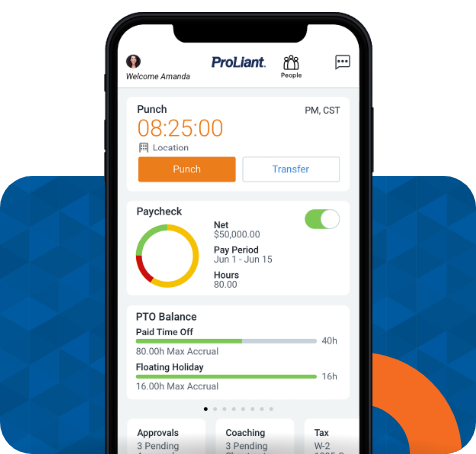Have you ever wondered what happens when an employee leaves a company? Employee offboarding is all about managing a departure smoothly, whether they're moving on to new adventures or retiring after a fulfilling career.
But why is offboarding important?
In the following article, we'll dive deeper into why offboarding matters, share tips for doing it right, and show how it impacts our workplace vibe and success. Let's dive in!
Exit Procedures: Streamlining the Departure Journey
Saying goodbye and wrapping up procedures signify the end of the employee journey, playing a vital role in nurturing positive connections and seamless transitions. By prioritizing clear communication, thorough documentation, professionalism, and continuous improvement, companies uphold respect and efficiency during departures. These best practices support positive experiences and enhance the organization's success and reputation.
When it's time for a team member to move on, you want a smooth process in place to make sure everything wraps up nicely. From handing in their badge to sharing final thoughts, your exit procedure should ensure a respectful and efficient departure.
Benefits of Effective Offboarding
There's good reasons for utilizing an effective offboarding strategy. Let's take a look at some the benefits:
Enhancing Employer Brand
Positive offboarding experiences reflect professionalism and care, enhancing the employer brand's attractiveness.
Facilitating Knowledge Transfer
Offboarding ensures smooth transitions by documenting processes and key contacts, minimizing disruptions.
Boosting Employee Morale
Respecting departing employees boosts morale, leading to higher satisfaction and retention rates.
Common Challenges in Offboarding
Offboarding employees comes with challenges. Addressing these challenges proactively streamlines offboarding and minimizes disruptions during transitions. Here are key ones and how to tackle them:
Lack of Communication
Ensure clear communication channels and timelines to avoid misunderstandings.
Incomplete Handovers
Encourage documentation and schedule knowledge transfer sessions for smooth transitions.
Data Security Risks
Implement strict protocols for data access and removal to mitigate security risks.
Best Practices for Successful Offboarding
Effective offboarding requires strategic practices, by adopting these practices, organizations ensure a smooth and positive offboarding experience while optimizing efficiency.
Conduct Meaningful Exit Interviews
Schedule timely interviews, ask open-ended questions, and use feedback for improvement.
Maintain Positive Relationships
Express gratitude, stay connected, and leverage expertise for goodwill and loyalty.
Leverage Technology
Use HR systems for automation, digital tools for paperwork, and collaboration platforms for knowledge transfer.

Legal and Compliance Considerations
Legal requirements vary, so consult employment law experts for specific guidance. Prioritizing legal and compliance considerations mitigates risks and upholds ethical standards. In employee offboarding, legal and compliance matters are critical.
Data Privacy
Comply with regulations by safeguarding sensitive information and implementing secure data deletion procedures.
Non-compete Agreements
Review and enforce agreements to protect intellectual property, define terms clearly, and communicate post-employment expectations.
Conclusion
Employee offboarding is a significant aspect of maintaining a well-functioning organization. It goes beyond paperwork; it's about fostering positive farewells, preserving our organizational culture, and safeguarding confidential information.
By engaging in meaningful exit conversations, maintaining post-departure connections, and leveraging technology wisely, we can improve the offboarding experience for everyone involved.








No Comments Yet
Let us know what you think